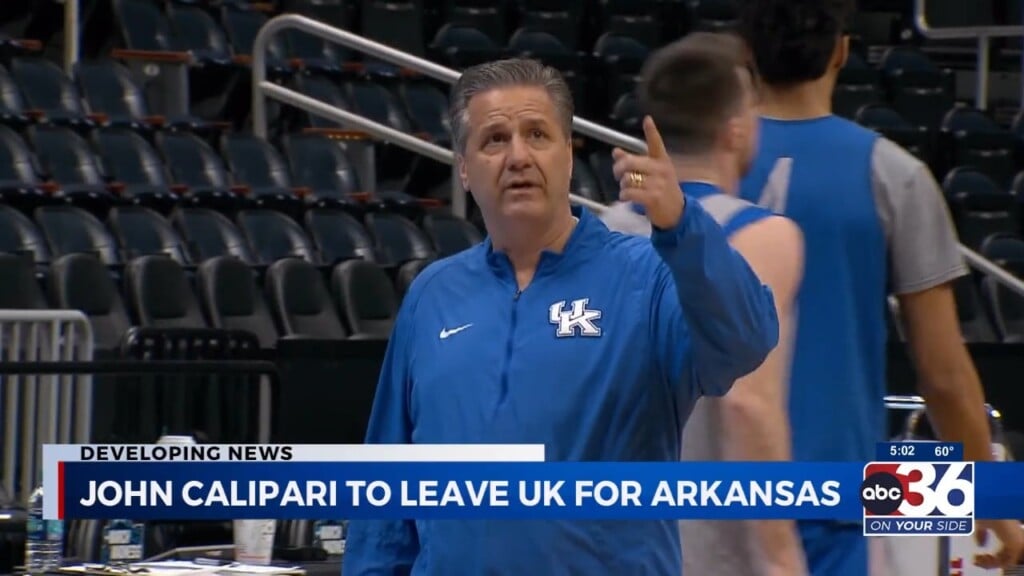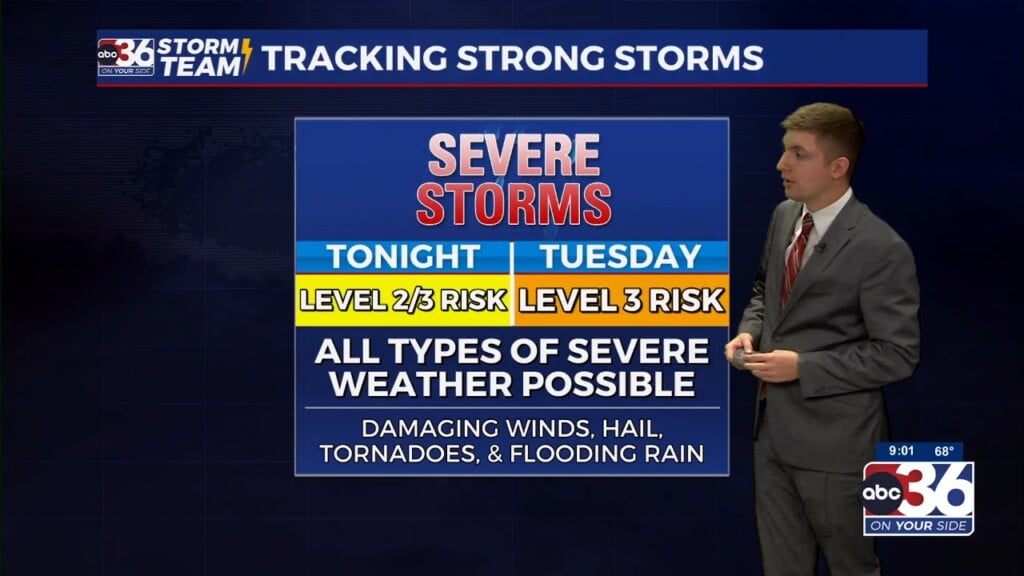Court upholds ruling that Houston bail system is unfair
HOUSTON (AP) — Dozens of inmates who couldn’t afford bail were slated to be released from a Houston jail Wednesday after a federal appeals court upheld a ruling that the county’s bail system unfairly discriminates against the poor.
Harris County officials asked the U.S. Supreme Court late Tuesday to issue an emergency order blocking the original ruling, which the 5th U.S. Circuit Court of Appeals upheld earlier in the day.
U.S. District Judge Lee Rosenthal ruled in April that the inmates could be released on personal bond. In her ruling, which was stayed pending Tuesday’s decision, Rosenthal said the bail system violated equal protection rights against wealth-based discrimination and violated due process protections against pretrial detention without proper procedures or an opportunity to be heard.
The county jail began releasing eligible inmates late Tuesday and was expected to release about 100 others on Wednesday, said Jason Spencer, a spokesman for the county sheriff’s office. Before being released, inmates had to fill out an affidavit swearing to their financial situations.
“I think some people were expecting a massive release, but it’s really just sort of steady,” Spencer said.
The 100 releases represent just over 1 percent of the jail’s population and would become a daily occurrence unless the Supreme Court stayed the lower court ruling.
“We’re going to operate under whatever the latest order is,” Spencer said.
Rosenthal’s ruling came in a lawsuit filed last year against Harris County by two civil rights groups and a Houston law firm after a woman was jailed for two days for driving without a valid license because she couldn’t afford her $2,500 bail. They argued that poor offenders are unfairly incarcerated while awaiting trial.
The jail handles about 50,000 misdemeanor offenders annually.
More than 50 percent of the county’s misdemeanor defendants are detained until the conclusion of their cases, many due to an inability to post bail, according to a study last year by the University of Pennsylvania Law School.
In the Supreme Court filing, the county defended its bail system as “facially neutral.” It said everyone, regardless of wealth, has bail set according to the same factors and that the district judge’s ruling created an equal protection problem “by replacing the county’s facially neutral bail system with one that expressly classifies arrestees according to wealth.”
“The district court’s startling constitutional ruling prohibits the enforcement of state law, mandates the release of untold numbers of potentially dangerous arrestees, presents a grave risk to public safety, and radically upsets the status quo,” attorneys for the county told the high court.
The county also said the court order created an impermissible “inverse discrimination” that would allow indigent offenders to avoid both bond and detention for nonpayment while others must pay the bond or be detained.
Late last year, the Texas Judicial Council found that about a quarter of the state’s 41,000 inmates awaiting trial at the time posed little threat to the public, that those people were incarcerated because they couldn’t afford to post bail or in some cases were unfairly identified as flight risks.
___
Follow Mike Graczyk on Twitter at https://twitter.com/ mikegraczyk




Leave a Reply